Cerulogy analysis finds supply of clean fuels for Washington could meet 11.2% CI reduction target by 2028
Green Car Congress
JANUARY 11, 2019
Available clean fuels for the state of Washington could meet a 2028 target of 11.2% The largest fuel pathways used to meet this target include electricity, lower carbon sources of ethanol blended into gasoline, biodiesel and renewable diesel. Biomethane and renewable aviation fuel also contribute.


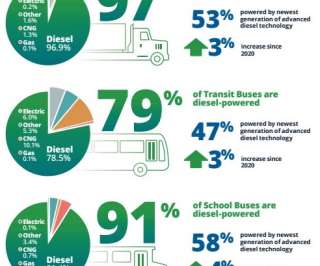


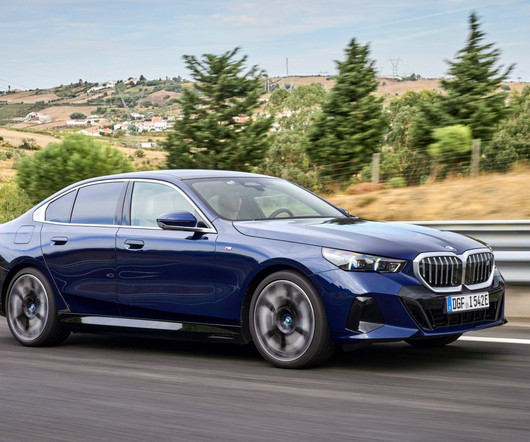
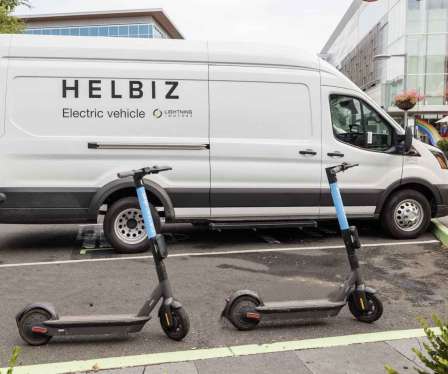





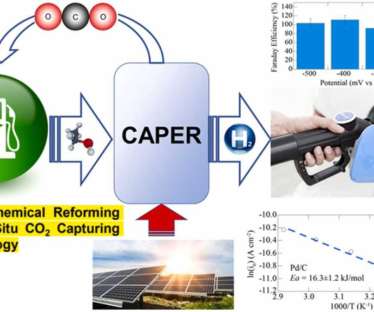












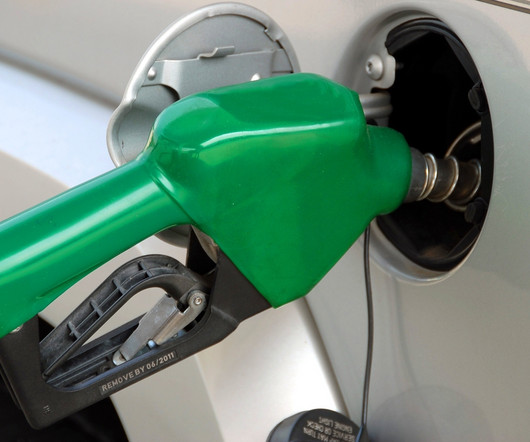




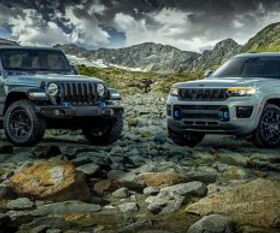







Let's personalize your content